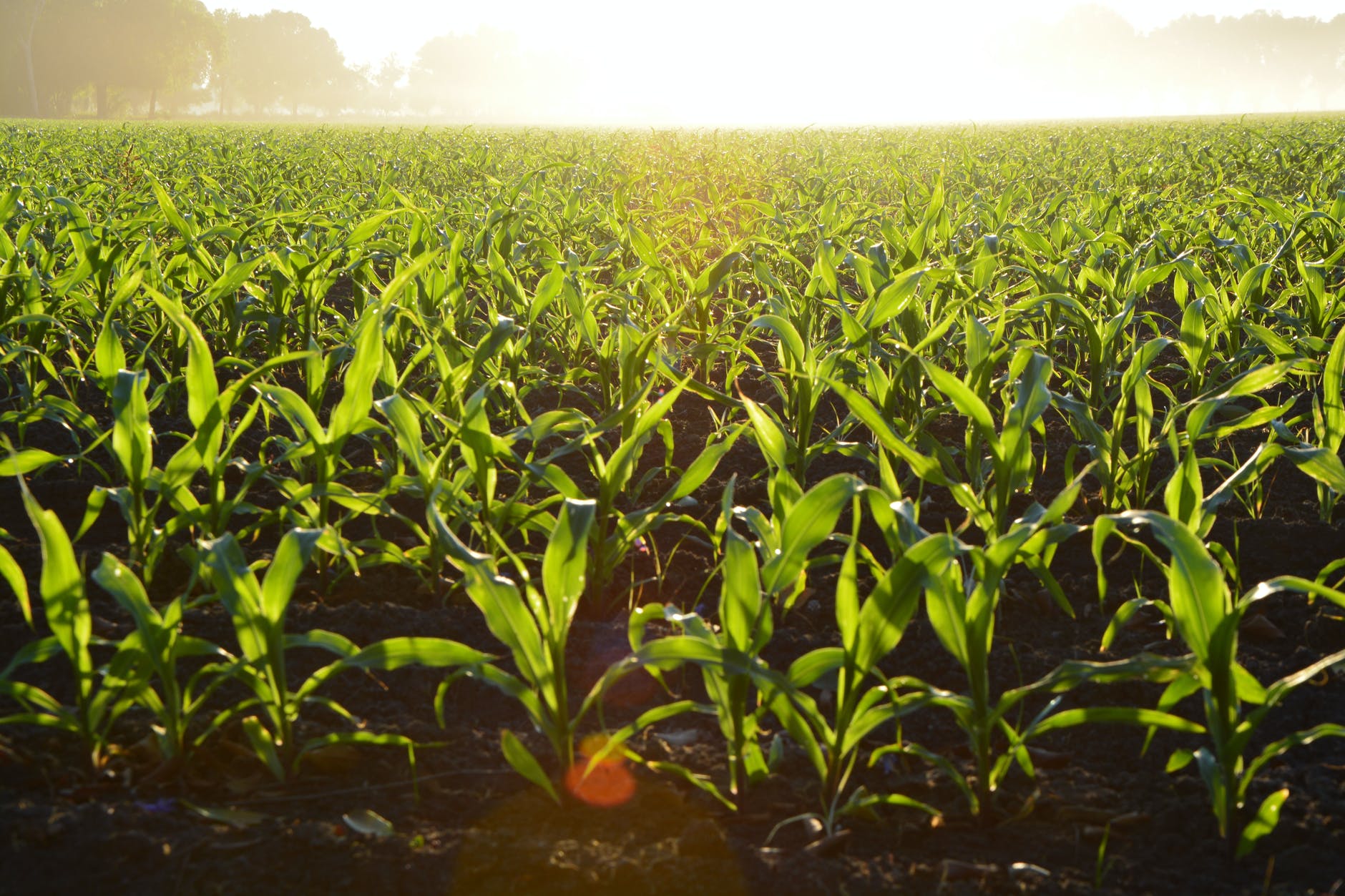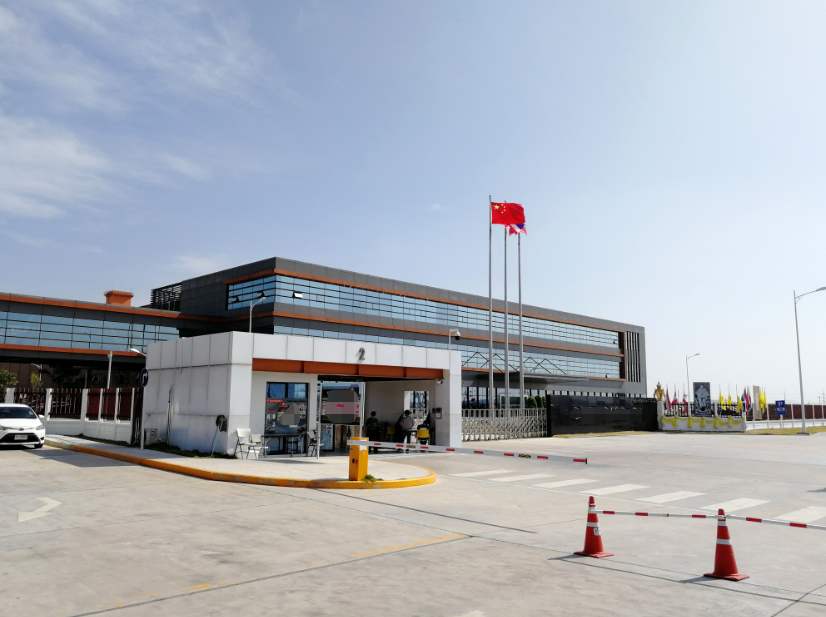Introduction to the Global Fertilizer Industry
Meanwhile, by the time we reach 2024, the global fertiliser market is reported to have grown yet more – a reflection of the oligopolistic power that big fertiliser companies hold over global farming, and the fact well that agriculture across the world depends on the services they provide. These are big businesses, operating on large scales – their influence cutting across not just the economic environments of the countries in which they operate but the flow of goods along our entire global food system. They have highly sophisticated operations and wide territorial footprints.
SHANDONG LOYAL CHEMICAL CO., LTD is an industry leader in this field which has a substantial market share and a solid reputation for making state-of-the-art fertilisers. The company has shown how modern fertilisers can improve productivity while reducing environmental damage.
Dr Henry Malter teaches agricultural sciences at one of the country’s top universities. He recently remarked that firms such as SHANDONG LOYAL play an important role in modern agriculture. Apart from helping to feed the world’s population, they also make significant efforts to develop sustainable systems that will be central to future agricultural production.
This opening begins a tour of the reach of these industrial giants in terms of securing food, spurring food production and inequality, all while reflecting on environmental durability, sustainability, and unequal access to resources. The mixed imperative of economic influence and responsibility to sustainability plays out through the article and exemplifies not just their supply of inputs, but as pillars of the global agricultural infrastructure.
Economic Impact of Big Fertilizer Companies
It’s easy, even for someone who understand economics better than me, to underestimate just how influential big fertiliser companies have become. This new dichotomy has massive implications for global agricultural economics. These companies shape market behaviour, from the prices that farmers have to pay for key inputs to the products available to those farmers, upwards from the shopowner to the boardrooms of the huge combinatie, whose balances of payments determine the ability for agricultural products to travel across the world, helping to dictate the very stability of food supply in much of the developed world, and the financial viability of farm-based systems of production in much of the developing world.
So not only do agricultural firms such as big fertiliser companies have a role in boosting crop productivity, they also contribute to the local economy. They can be among the largest employers in rural areas: a welcome economic opportunity for rural communities. Their presence can have a knock-on effect of boosting local businesses as suppliers of inputs, and improving infrastructure. ‘The presence of a large fertiliser producer in a region may benefit the local economy through employment, increased agricultural productivity and related economic growth,’ says the agricultural economist Dr Simon Kretchmer.
The case study of SHANDONG LOYAL CHEMICAL CO., LTD, an agricultural product processing company, vividly demonstrates the economic contribution of such corporates. The firm’s operations in its core operating regions created more than 40,000 jobs, actively promoted the development of the agricultural supply chain, and significantly contributed to the development of the local economy by investing in local communities and infrastructure, thus eventually improving the local peoples’ living standards. Their success and role in both agricultural growth and the country’s economic growth have an important positive impact worldwide.
Thus, it’s a good argument to say that the economic ‘fingerprints’ of big fertiliser companies are much more extensive than just a mere product supply; they represent two vital ‘core’ components of a stable global economic system – in particular, of agricultural production – which balance market dynamics and supply/demand scenarios with sustained and sustainable product manufacturing initiatives.

Environmental and Social Responsibilities
Amid prevailing concerns about the environment and society, the responsibilities of the world’s biggest fertiliser firms have moved into the spotlight. Being crucial providers of agricultural productivity, these companies also shoulder significant risks while they help the world to feed itself: emissions, chemical run-off and depletion of resources are among the environmental impacts that they must balance.
The pollution from fertiliser production, especially runoff of nitrogen and phosphorus, can cause serious environmental impacts, such as algae blooms and aquatic dead zones. So methanol producers are funding research to reduce environmental damage ahead of time, while maintaining or even enhancing agricultural output. This could involve investing in emission-saving technologies along the production chain, as well as developing new fertiliser subsidiaries and technologies to improve nutrient uptake by plants and lower excretion and loss of nutrients from the food chain.
At the same time, the companies are also taking their social responsibilities beyond marketing lines, with community programmes and funding for local development, like educational programmes on crop sustainability for farmers and community projects that contribute to local socioeconomic growth. Most recently, SHANDONG LOYAL has won the Green Leader Award by Earth shuttle for ‘its continual efforts to improve supply chain ecology’ and for the ‘positive impact it has made on the communities in which it operates’.
This stewardship is important not only for the company’s branding, but also for the long-term vitality of the agricultural sectors in which the companies operate; their leads in this space can serve to set industry-wide standards and norms related to environmental and social stewardship, proving that these values can be beneficial and can go hand in hand with corporate success.
Technological Innovations by Leading Fertilizer Companies
Through their technological innovations, big fertiliser companies are spearheading the agricultural revolution. Not only are their products becoming more efficient and effective but they are also less burdensome to the environment, in line with the global sustainable development goals.
SHANDONG LOYAL CHEMICAL CO., LTD is an excellent example of a company that designed its fertiliser products in a way that pushes the frontier of technological innovation. The firm introduced a new kind of manufacturing processes that incorporate artificial intelligence and robotics, which helps to greatly improve the efficiency of production, making sure that ingredients are mixed precisely and with less wastage to guarantee similarity across batches of the firm’s fertiliser products.
Besides introducing manufacturing innovations, SHANDONG LOYAL and its ilk are designing new product lines that match the requirements of contemporary farming, such as multi‑nutrient fertilisers matched to crop type and soil condition, improving nutrient uptake by plants while limiting the leakage into water courses.
Digital also means progress: several of the world’s largest fertiliser companies are now using big data analytics and internet of things (IoT) devices to measure soil and crop conditions in real time so that the application of fertilisers can be adjusted dynamically to the specific crop requirements at various growth stages, which can significantly improve crop production and resource efficiency.
Finally, there’s the future of fertiliser production and application, where tech increasingly looks poised to maximise agricultural productivity while minimising environmental costs. As companies such as SHANDONG LOYAL invest further in new technologies, it’s likely that large- scale agriculture will increasingly prove to be both highly productive and ecologically friendly, benefiting farmers who want to produce food efficiently and thereby reducing costs and increasing profits, too.

The Future Outlook for Big Fertilizer Companies
For the future, with a rapidly growing world population and an increasing focus on feeding the world at a lower environmental cost, big fertiliser companies – including SHANDONG LOYAL CHEMICAL CO.,LTD – will only become more important in world agriculture, playing a key role in shaping the crucial developments ahead.
Playing to win instead will require them to knit together their strengths and develop a long-term commitment to being good corporate citizens, while also learning to cope with thinning profit margins. Tighter environmental regulations, for example, will require a greater commitment to sustainable and precision agriculture. Longer-term needs include feeding the planet’s expanding population, which is expected to top 9.6 billion by 2050. We believe that the era of the agribusiness giant is far from over.
Going forward, such firms are likely to make greater use of AI, biotechnology and advanced chemical engineering to create products that are not just more effective but also increasingly sustainable: novel anthropogenically-designed nitrogen-use efficiency enhancers, for instance as well as fertilisers that are not just high-yield, but biodegradable.
Furthermore, big fertiliser companies, in particular, are likely to play an important role in the digital transformation of agriculture, as they bring to bear an unprecedented combination of resource optimisation and data capabilities, to the benefit of farmers everywhere.
To put it simply, the future seems promising for major fertiliser companies. They will remain essential actors in shaping urgent global food production indicators, and sustainability indicators in the agricultural production model. Food security depends on SHANDONG LOYAL CHEMICAL CO., LTD and other major fertiliser firms. Sustainable development in agriculture would be impossible to achieve worldwide without them.
Here are three scholarly references related to big fertilizer companies:
- A Better Use of Fertilizers for Global Food Security and Environmental Sustainability: This article discusses the need for improved management practices in nitrogen fertilization to reduce environmental impacts while still meeting the global food demand. The study highlights the trade-off between reducing nitrogen pollution and increasing agricultural yields is often minimal.
- The Circular Economy and Fertilizer Industry: This review focuses on how the fertilizer industry can shift from a traditional linear economy model to a more sustainable circular economy approach. It addresses the environmental challenges associated with the increasing use of fertilizers and explores potential sustainable practices that could be integrated into the industry.
- A Big Step Toward ‘Green’ Ammonia and a ‘Greener’ Fertilizer: This article from Berkeley News discusses innovative research aimed at making ammonia production—a key component of synthetic fertilizers—more environmentally friendly. The research explores new materials and methods that could reduce the energy input needed for ammonia production, thus decreasing its environmental footprint.







